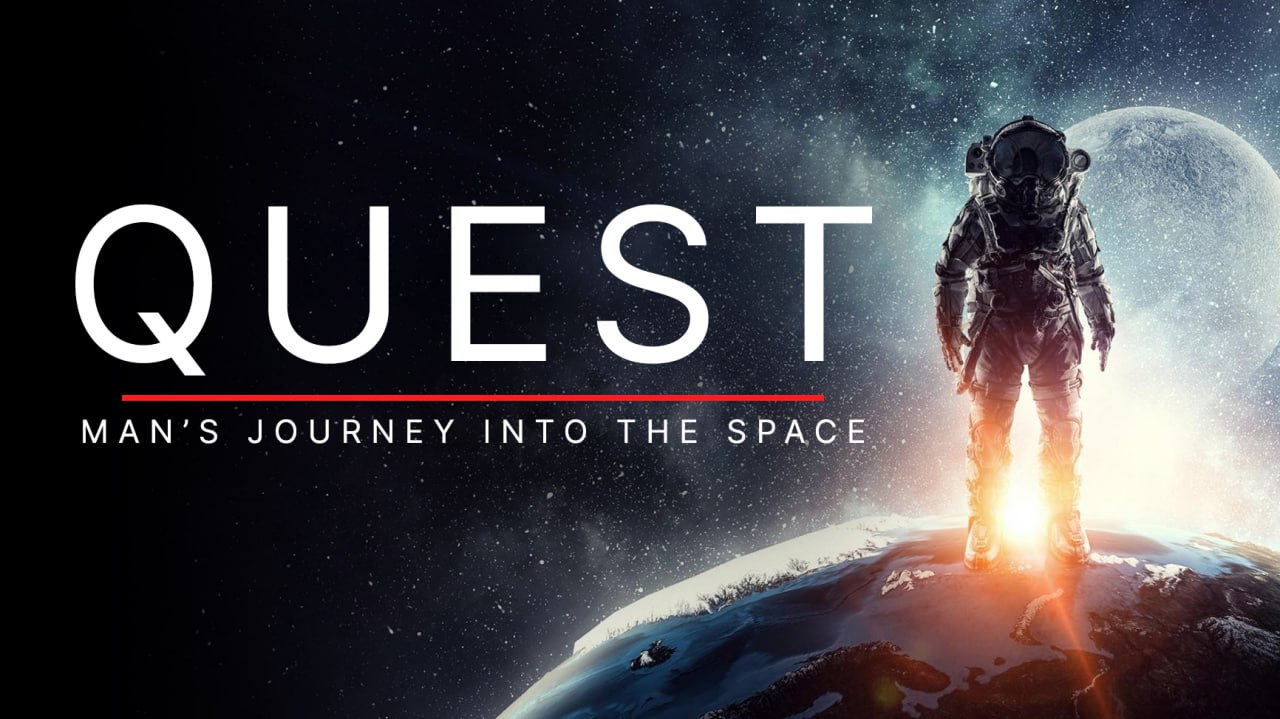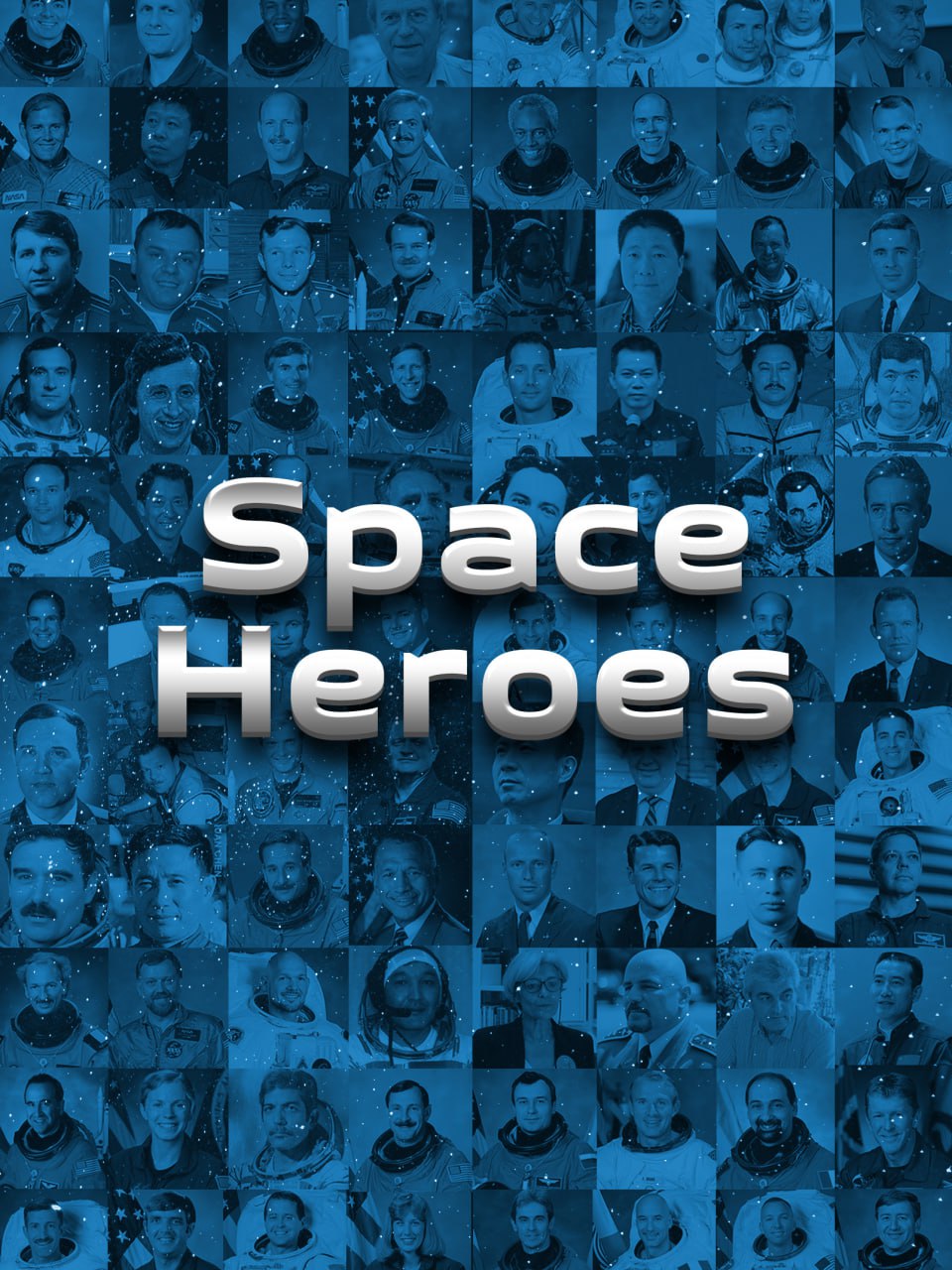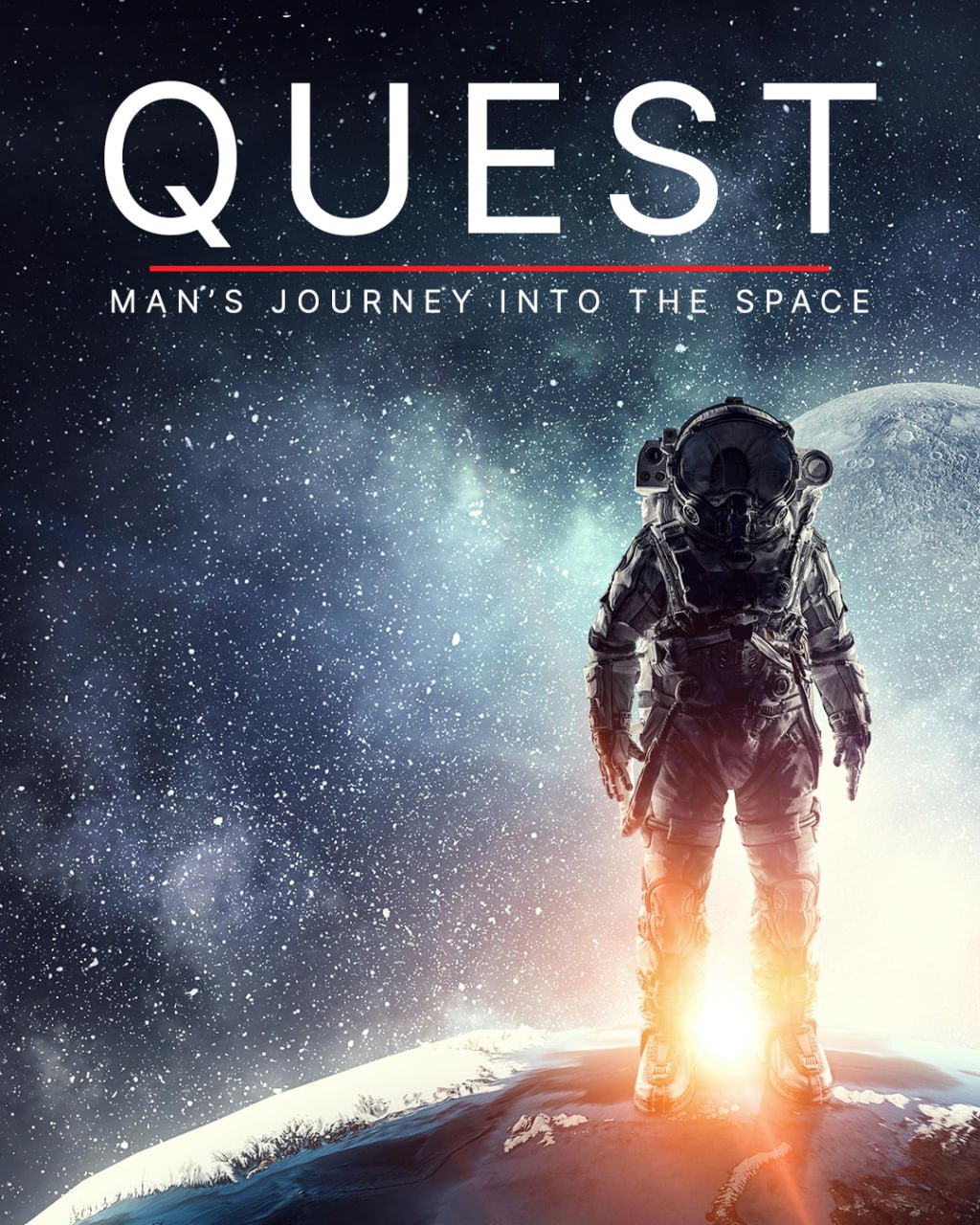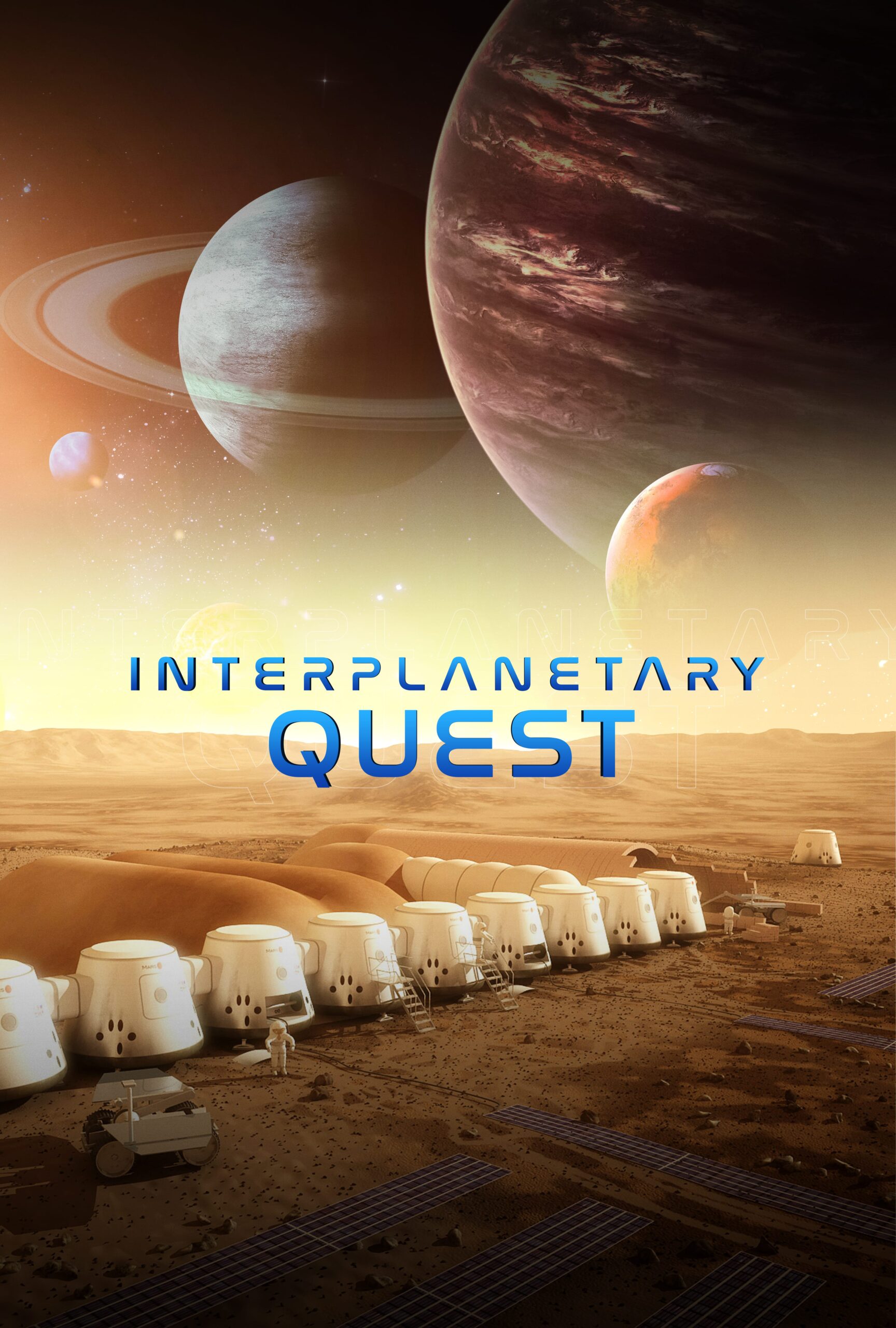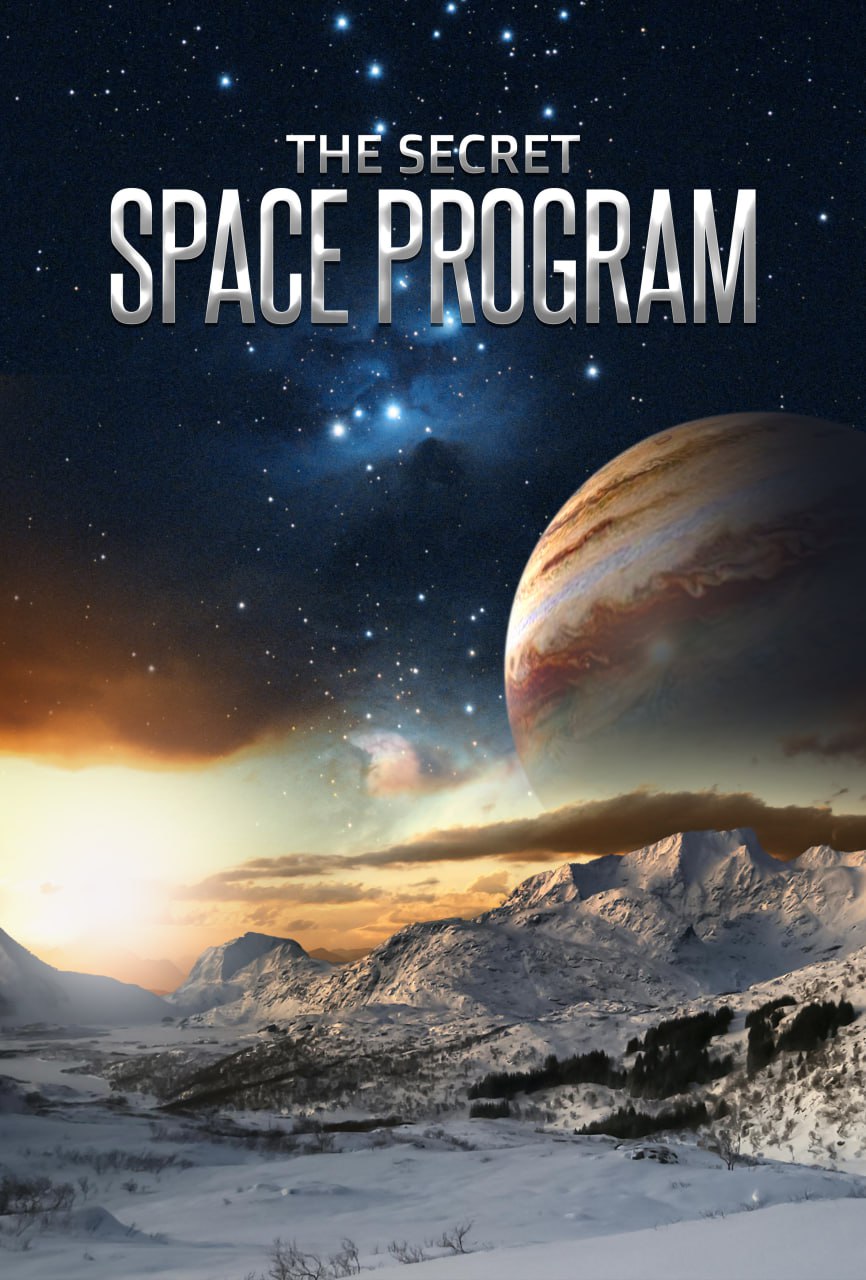Quest: Man's Journey into Space
"Quest: Man's Journey to Space" is a documentary TV series that explores humanity's fascination with space and the development of equipment for exploring other planets. The series provides an international timeline of major events and technological advancements in space exploration, blending education with entertainment. It covers the evolution of space travel from theoretical beginnings to private enterprise launches and new planet discoveries. Key milestones include rocket engineering pioneers, the space race, Mercury missions, moon landings, and the growing role of international players in space exploration.
- English (Australia)
- English (UK)
- English (Canada)
Episodes

"Quest: Man's journey to Space" chronicles mankind's fascination with space and its desire to create the equipment necessary to explore...

"Skyrockets and Trailblazers": The Space Shuttle, for the time being, stands at the apex of human endeavor as the most...

"Quest: Man's journey to Space" chronicles mankind's fascination with space and its desire to create the equipment necessary to explore...

'The Missile Race': Since August 29, 1949, when the first atomic weapon was detonated by the Soviet Union, the most...

"Quest: Man's journey to Space" chronicles mankind's fascination with space and its desire to create the equipment necessary to explore...

'Mercury Seven': Charts attempts by the USA to send the Mercury 7 astronauts (most notably John Glen) into space in...

'Orbital Mechanics': The first Soviet and American pioneers had led the way in space flight. However both nations realized quickly...

Dark side of the Moon': It seemed the United States could do no wrong, trailblazing their way to the moon...

'One small step': Spider, the crew-named lunar module of Apollo 9, was the first spacecraft ever to be flown that...

'Man in the Moon': The United States had kept their pledge to their dead president and became the first nation...

'Houston, we've had a problem' Apollo 13 had lifted off from Cape Kennedy, April 11, 1970. The three astronauts aboard,...

'Lunar Antics': Alan Shepherd, the first American into space and commander of the Apollo 14 mission, was the only one...

Pioneers and Vikings': Although the United States had taken great steps with its space program during the late 1960's, the...

'A Place to call Home': The concepts of space flight in the minds of the early pioneers of aeronautical engineering...

Subscribe here to access our catalogue in full: http://103.133.215.134/interplanetary/membership-account/membership-levels - 'Joint Efforts': July 1975 marked the first joint effort of...

'Spaceship called Enterprise': The first space shuttle to fly was dubbed Enterprise, this was only after the American public, and...

'Catastrophic Failure': January 28th, 1986 was a red-letter day in the history of the American space program. It was a...

'Station Keeping': The Mir space station has been a docking port for many of the world powers' journeys into space,...

'Eye in the Sky': Edwin Hubble changed popular astronomy forever. His creation of the Hubble Telescope enabled NASA to place...

'Comets and Asteroids': For millennia, comets have been interpreted by humankind as an omen or sign of events to come....

'Constructing Relationships': NASA and the Russian Space Agency forged a relationship to develop the International Space Station. Rapidly other Nations...

'Deep Space': Space is full of... space. Scientists have always been fascinated by what space is (or is not) and...

'Mars' There is no such thing as a 'Martian Curse', yet how come nearly 50 per cent of Martian expeditions...

'The Space Age': The Space Age began April 12, 1961, when Soviet Major Yuri Gagarin successfully orbited the Earth in...

'Galactic Enterprise': The United States has NASA and a very effective fleet of shuttles to launch their astronauts into space....

'Watch this Space' The American Space shuttle is the most advanced and complex machine ever flown. The remaining shuttles have...

"Final Frontier": The journey into space, beyond the Earth and out of the solar system is only worth it if...

